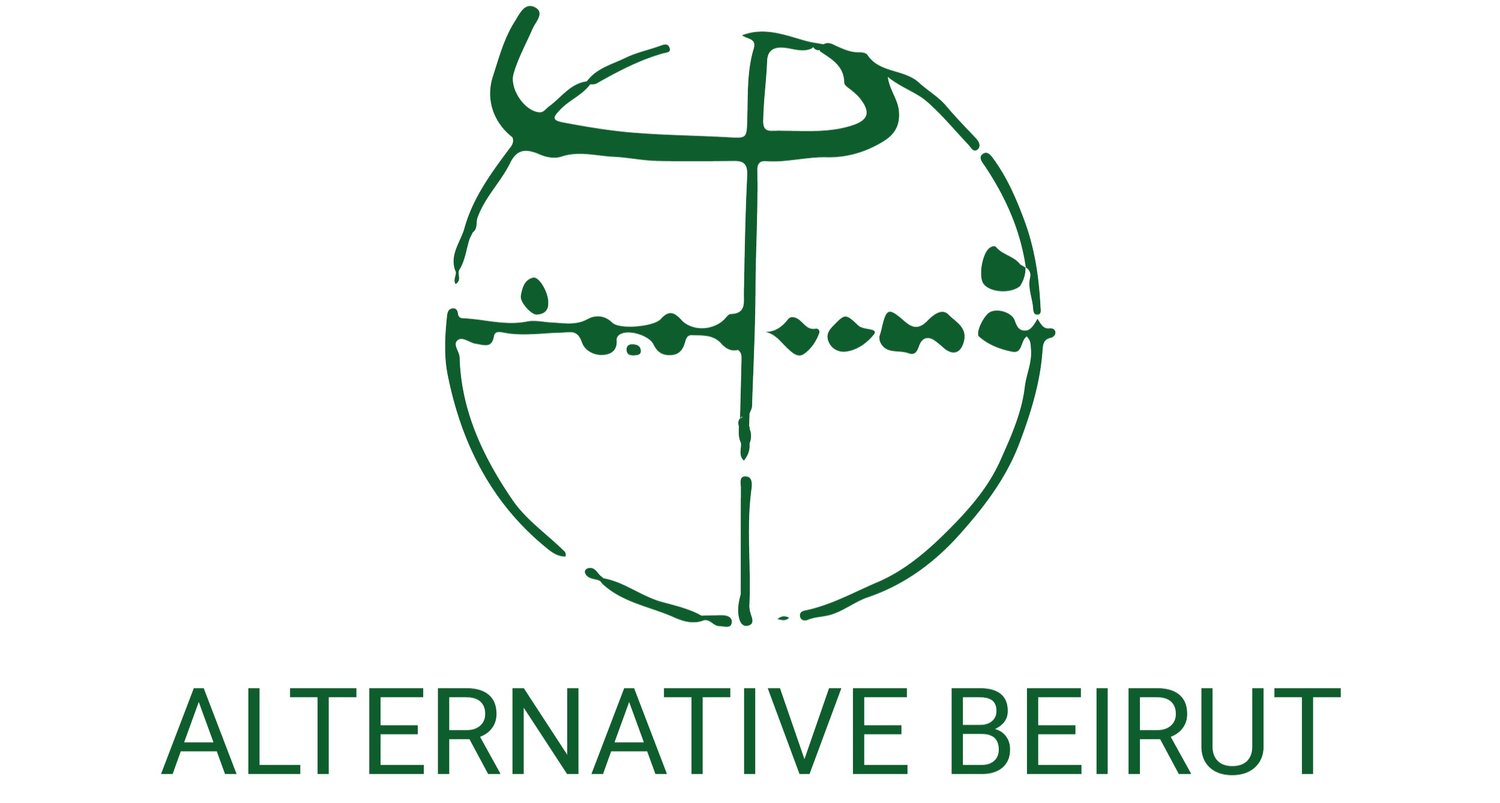Paris Climate Agreement
The Paris Agreement is a legally binding treaty on climate change signed by 196 parties in 2015 at the UN Climate Change Conference (COP21). It aims to limit global warming to well below 2 degrees Celsius, ideally 1.5 degrees Celsius, compared to pre-industrial levels. Countries are required to plan, determine, and regularly report their contribution to combat global warming.
Lebanon’s pledge aims to cut green gas house emissions by 20% to the business as usual scenario, without any external support. It commits to generating 18% of electricity and 11% of building heat from renewables by 2030. With external financial support, these targets increase to 30% and 16.5%, respectively. The pledge also clarifies adaptation strategies and aligns with the 2030 Sustainable Development Agenda, focusing on inclusivity and gender-responsive action.
In light of the energy shortages and frequent power outages in the country, it might seem unrealistic to rapidly increase the proportion of energy demand met by renewable sources. However, given the current energy crisis, renewable energy sources like solar or wind power could actually be a practical and sustainable solution.
In fact, the crisis has shown a rapid adoption of such technologies, especially since they become more cost-effective than the current solutions. The upside of responding to the energy crisis has been the installation of more solar energy, which ironically and unintentionally has allowed us to work towards our climate target.

